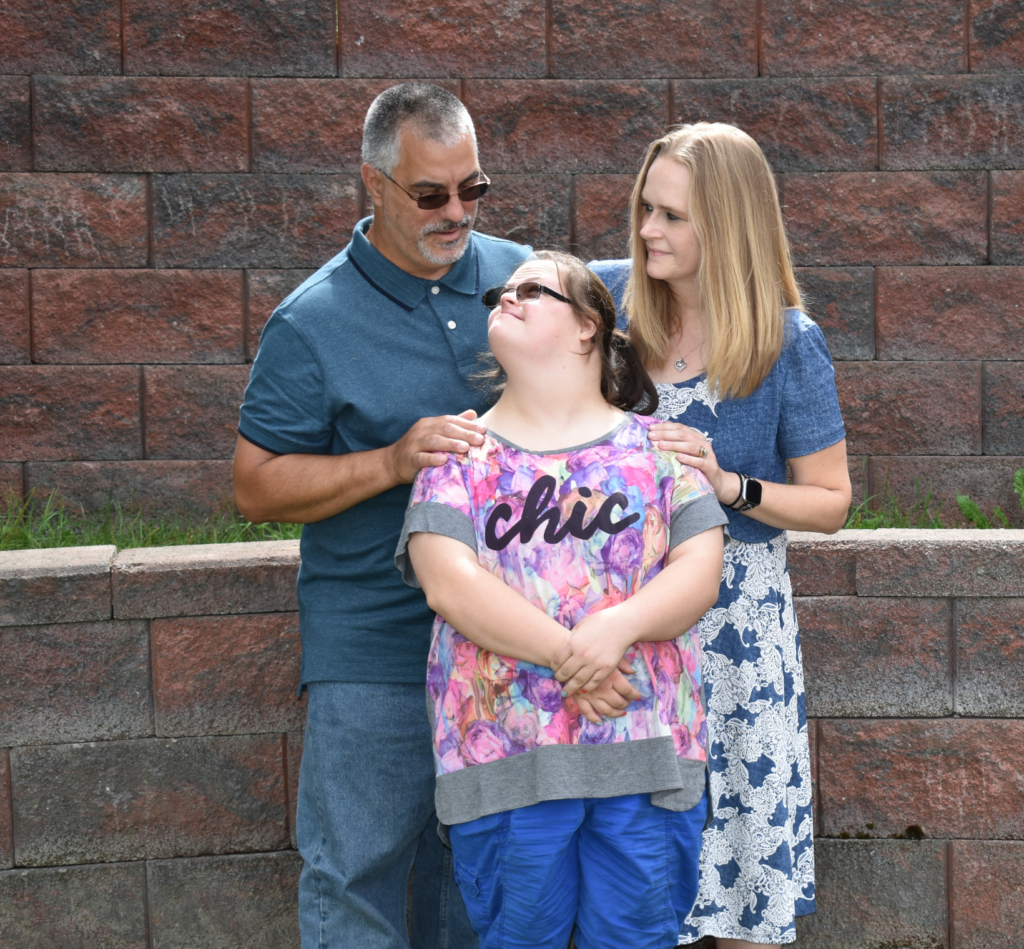Future Planning for Individuals with IDD
An important part of future planning for individuals with intellectual and developmental disabilities is understanding guardianship. In guardianship, one person has the legal right to make decisions for another person. However, there are several aspects to consider.
A guardian can have guardianship over different aspects of an individual’s (referred to as a ward) life:
- Guardian of the person. A guardian of the person can make life decisions for the ward, like health care, education, and welfare decisions.
- Guardian of the property. A guardian of the property handles decisions about the ward’s money, investments, and savings as directed by a Judge. A guardian of the property must file an annual report about the property.
- Guardian of the person and property. This kind of guardian has responsibility for both the ward’s life decisions and the ward’s property.
In New York State, a guardianship case is handled by the Family Court, Supreme Court, or Surrogate’s Court, depending on the type of guardianship asked for and the person over whom guardianship is requested.
These are critical decisions that can have a major impact on an individual’s ability to make decisions for themselves. In many cases, guardianship may protect people with IDD from “bad players” and the legal repercussions of uninformed decisions. It’s important to discuss guardianship with your Care Manager prior to the age of 18 years old, as other options may be available.
More guardianship resources are available on the Knowledge Center.

